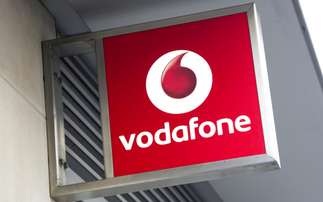Researchers at the Institute of Advanced Study say they used a combination of signal processing techniques to discover the black hole mergers
Researchers at the Institute of Advanced Study (IAS) have found evidence of six new binary black hole merger events.
The black holes were inferred in data released from the second observing run (O2) of the combined advanced Laser Interferometer Gravitational-Wave Observatory (LIGO) and advanced Virgo gravitational wave detectors.
The data was released into the public domain just a few months ago by the LIGO-Virgo Collaboration (LVC).
This is the first time that a non-LVC research group has reported success in detecting black hole mergers that were not previously identified by the LVC teams. The new findings also increased the number of merger events detected during LVC's second observing run (O2) from 7 to 13.
The researchers said they used a unique combination of signal processing techniques, which enabled them to detect new merger events from the LVC data. The same team had last month reported discovering a new merger event after analysing the data from LVC's first observing run (O1).
"We want to be able to use these methods to squeeze the most out of existing data," said Tejaswi Venumadhav, a Member in the IAS School of Natural Sciences and author of the study paper.
LIGO's twin observatories are located in Washington State and Louisiana. These observatories work by firing a laser beam on the long legs of the L-shaped experimental setup. This setup is so sensitive and precise that even a slight disturbance created by a passing gravitational wave can trigger a change in the appearance of the laser.
In 2016, LIGO scientists announced the first ever detection of gravitational waves. That event was followed by the detection of more gravitational waves, including the one announced in 2017 caused by the merger of neutron stars.
LVC recently announced the start of its third observing run (O3) from 1st April 2019. It happened as LIGO resumed operations after a year-long hiatus.
Over the past year, LIGO has received numerous upgrades to its mirrors, lasers, and noise filters to become more sensitive to gravitational waves compared to its previous iteration.
Computing and CRN have united to present the Women in Tech Festival UK 2019, on 17 September in London.
The event will celebrate successful women in the IT industry, enabling attendes to hear about, and to share, personal experiences of professional journeys and challenges.
Whether you're the ‘Next Generation', an ‘Inspirational Leader', or an ‘Innovator of Tech' this event will offer inspiration on not only how to improve yourself, but how to help others too. The event is FREE for qualifying IT pros, but places will go fast
















